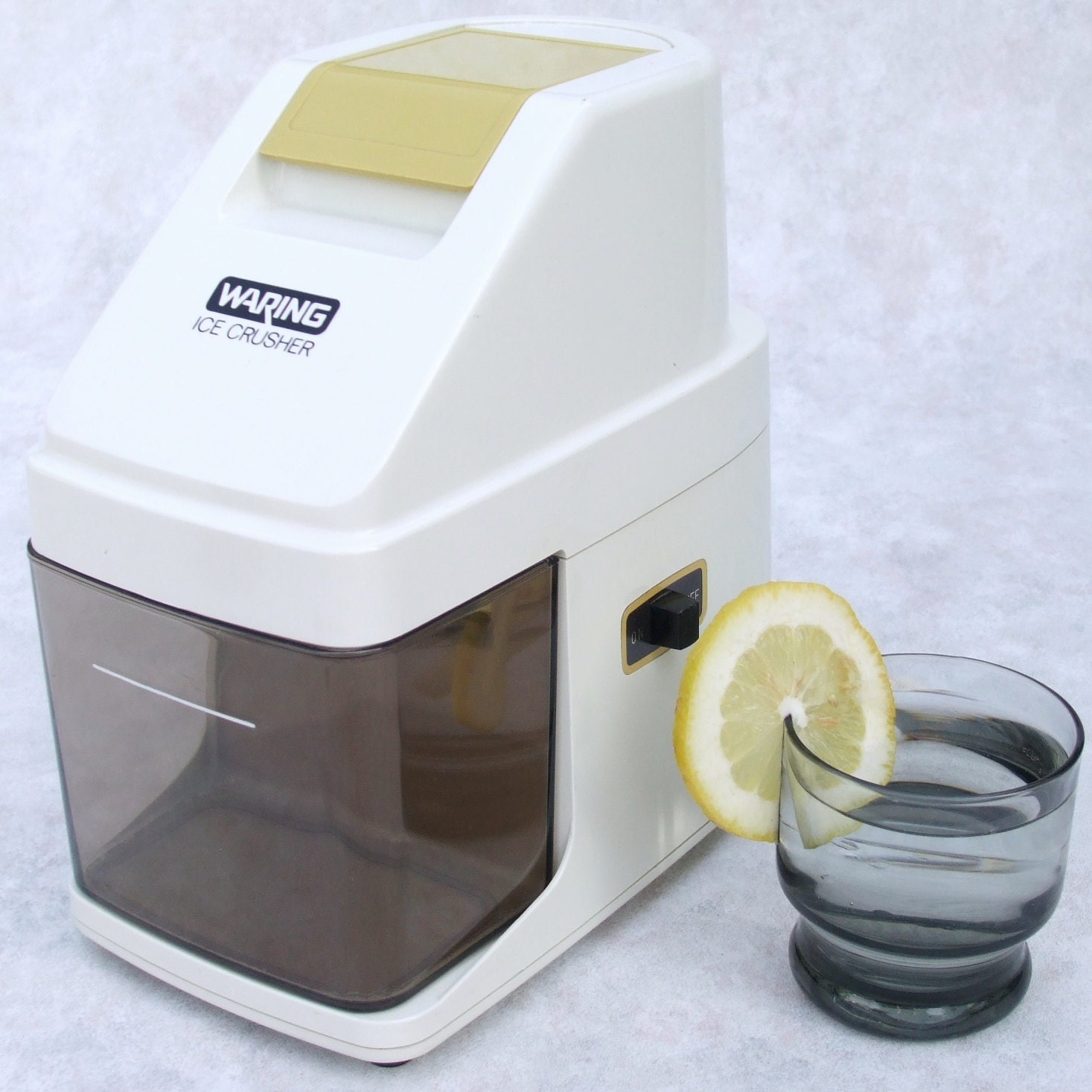 |
| Coupons aren't necessarily all they're cut out to be. Courtesy: Fiscal Fizzle |
Coupons combined with sales net you mostly processed food, while requiring weekly trips to multiple stores and lots of time organizing ads and coupons. And for what? A box of Hamburger Helper that has about $.25 worth of ingredients in the box? A box of Cap'n Crunch that your teen scarfs in less time than you spent in the cereal aisle? Even if it's free, I'm not especially impressed.
Here I expound upon frugal eating secrets presented in my Grand Rapids Press feature (Creative and resourceful Grand Rapids mom feeds family for $100/month):
| I like to buy my oats this way, too. Courtesy: Heavenly Homemakers |
2. Choose the right cookbooks. For the purposes of frugal cooking, a good cookbook is one which doesn't rely on convenience foods or odd, expensive ingredients. Vegetarian cookbooks are a good place to begin looking. Public libraries have cookbooks.
3. Once you have some interesting cookbooks on hand, think about substitutions, eliminations, and additions to make the recipe easier, cheaper, or to use up stuff you need to get rid of.
 |
| When you see a store with bins like this, see if they'll sell you an entire 50-lb bag at a discount. Courtesy: Groovy Green Livin' |
5. If you shop the salvage stores, buy lots when you find a good deal. Don't be afraid to stock up (see below). If you aren't sure if you'll like it, if you can, open one of the items (one that you'll purchase no matter what), and try it right there in the store. This will help you avoid a buying error, or its opposite, the dreaded I-didn't-buy-enough error.
6. Grow what you can, can what you grow. Even a tiny little garden can have a surprising yield. Freeze things; preserve what's in season.
7. Eliminate waste. Cut off bad spots, use up leftovers, plan cooking around ingredients that need to be used ASAP. Freeze it if it looks like you won't be able to use all of it in time. Share with friends when you have too much, and later they're likely to return the favor.
 |
| My whole grain muffins have in them more food, less junk. |
9. Never say, "My kid won't eat that." YOU train your kid to reject good things and demand packaged and processed foods. If you're not good at this, check out a parenting book from the library--seriously.
 |
| Taking advantage of $.40/lb blueberries. Unfortunately, there is no photo record of my true foraging, so this photo will have to do. |
11. Dress up humble foods with fresh herbs grown in pots, and plenty of spices. Ethnic grocery stores often have well-priced spices.
12. Save energy when you cook. When running the oven, fill it up. Use a pressure cooker (from a garage sale), and a homemade solar cooker. Keep lids on pans.
13. Cook big pots of food so you have leftovers and won't need to cook every day. You'll be less likely to turn to restaurants or convenience foods.
14. Cut out the weekly trip to the grocery store with homegrown produce. Eat seasonally (who wants a tomato shipped 1000 miles anyway). Use dry milk--reconstituted properly, it tastes good. Or just incorporate it into recipes instead of drinking it.
 |
| Drink water. Courtesy: Laura's Last Ditch. |
16. Have a can-do attitude, and be thankful for what you have. Inexpensive doesn't necessarily mean inferior. If you cook from scratch a lot, you'll probably get good at it and come up with some mighty tasty creations.
17. Expiration dates are a suggestion. Inspect the item and use your good judgment.
18. Use scraps you normally pitch: celery leaves or radish tops can be chopped and thrown into stew; make apple or pear cores into vinegar; use dandelion greens from your yard on your sandwich; veggie scraps or bones can go into a dedicated freezer bag until you have enough to make stock.
19. Liberally use Google. You might want to make your own taco seasoning mix or vinegar, find a substitute in a recipe, or see how to make soap from your bacon drippings.
20. Some additional thoughts:
What you have in your pantry will be dried staples, along with whatever else you found that gives good nutrition and/or is filling for the price. Concentrate on getting a good value rather than a "good" discount (90%-off caviar is still more expensive than canned tuna, so stick with the tuna, for example).
When it's time to cook, you make what you're able from the food you found that was a good food value. Try to match up recipes with the items you've already stocked, while avoiding the supermarket. I rarely have to shop, and almost never at the regular grocery store. I spend less than $100/month for a family of three, and spend no more time with cooking and shopping combined than I did when I couponed back in the day.
When you find yourself perusing the coupon circular in the Sunday paper or coupon websites, remember this: It's empowering to cook good food with inexpensive ingredients instead of depending on the whims of food marketers who decide what's on sale and what gets a coupon. And when you eat good, wholesome food instead of packaged junk, your kids learn good eating habits and the whole family enjoys better health.
Do you go to extremes to save on food? Leave a comment below. If you found this post helpful, please "share"!
Tweet





